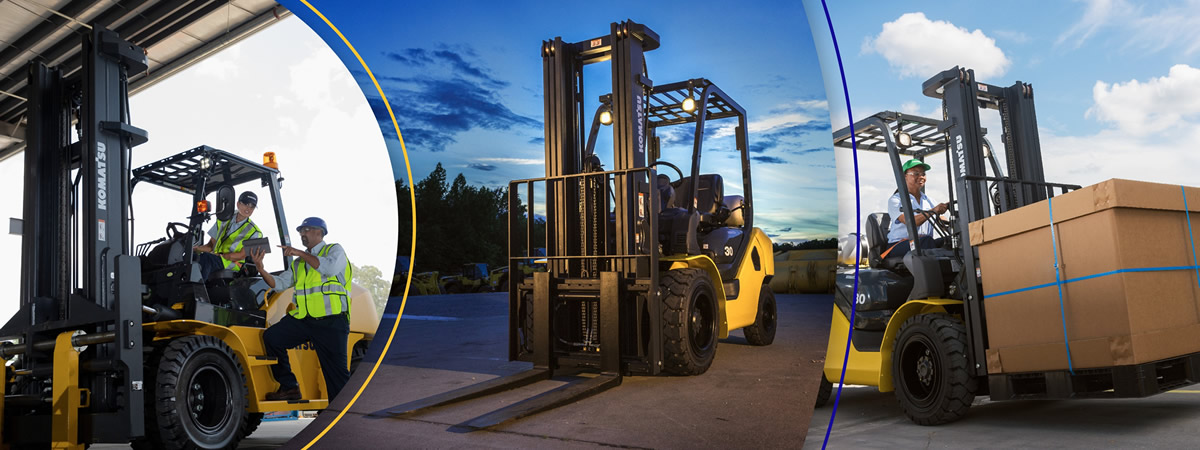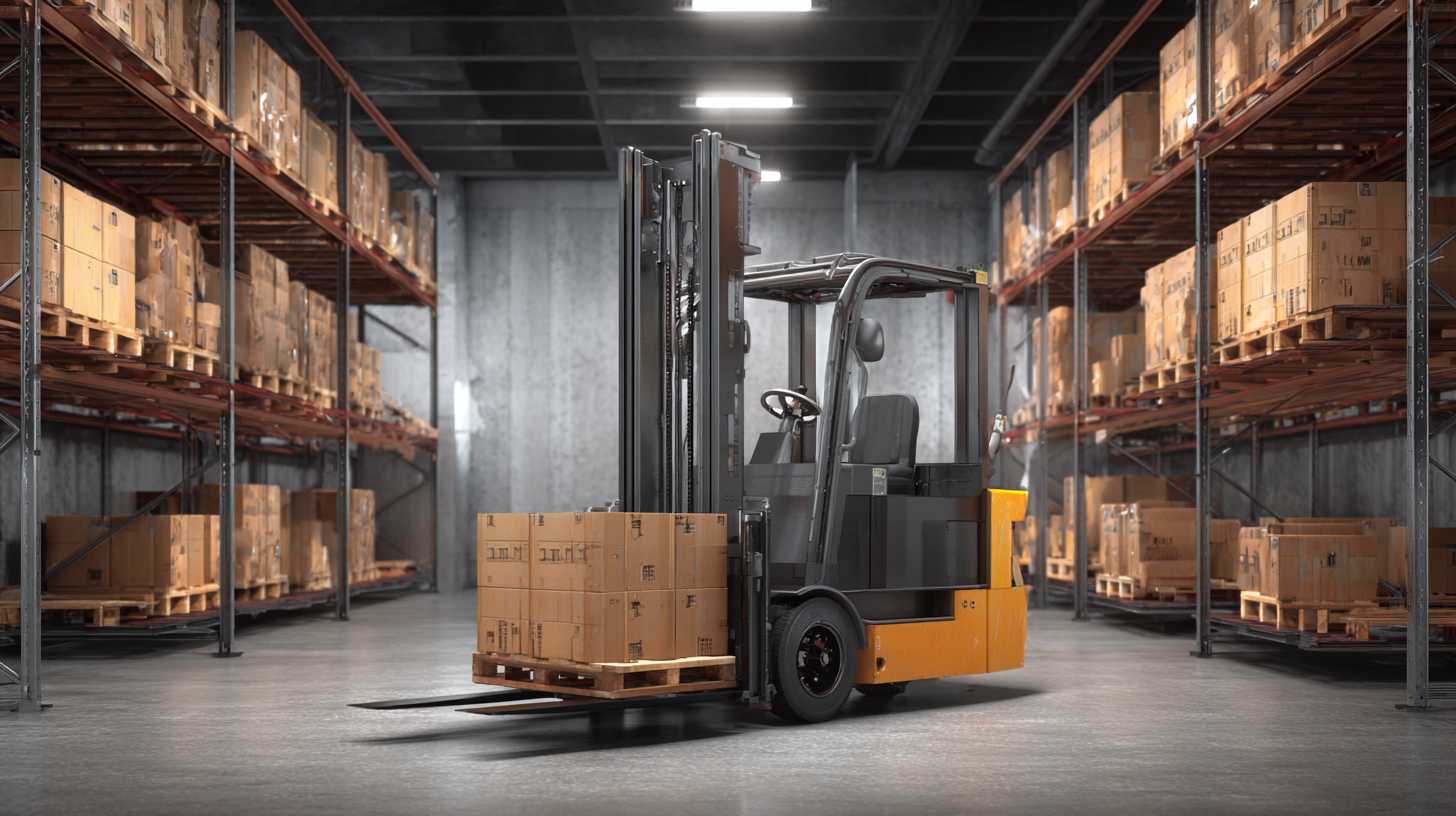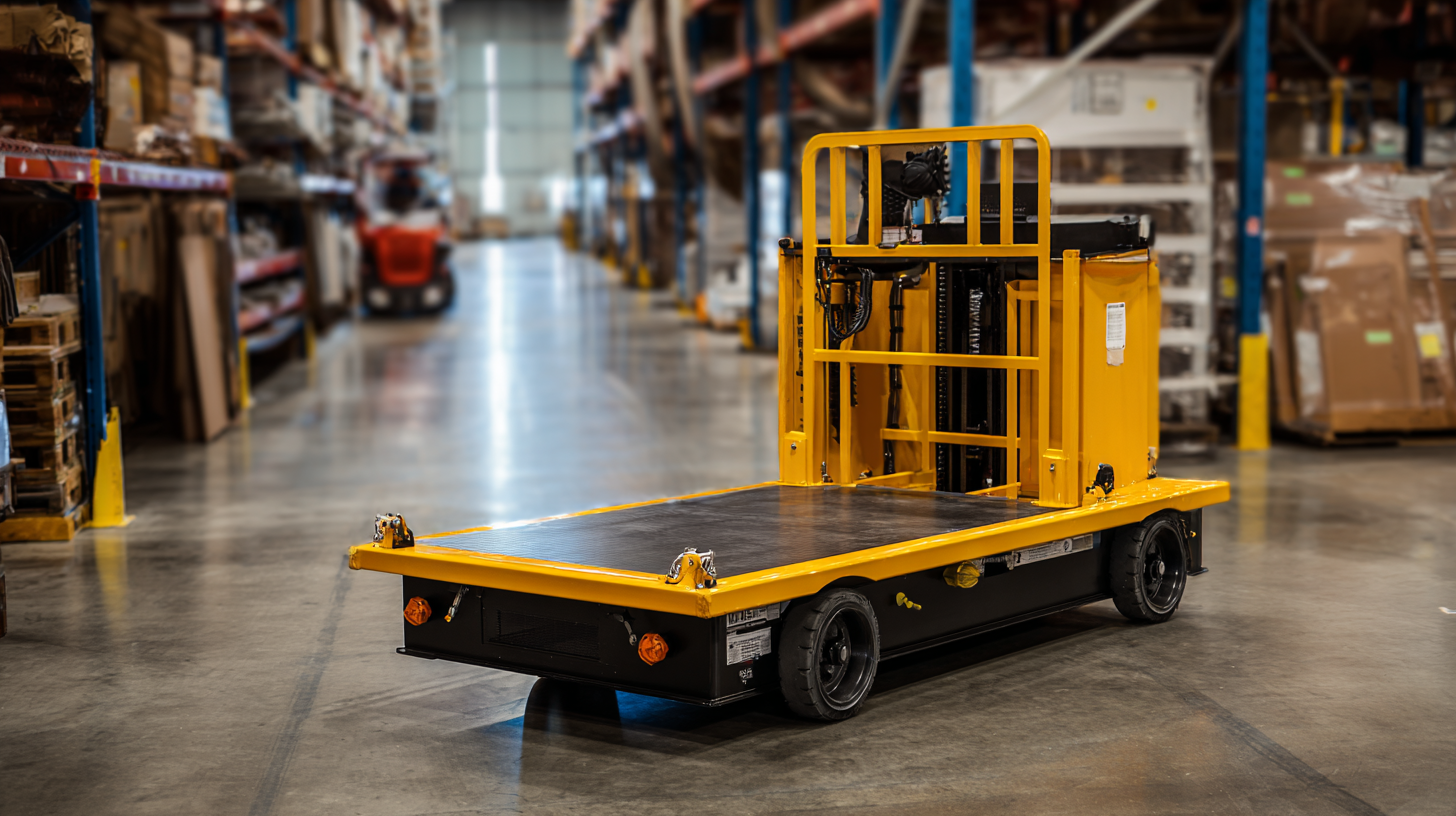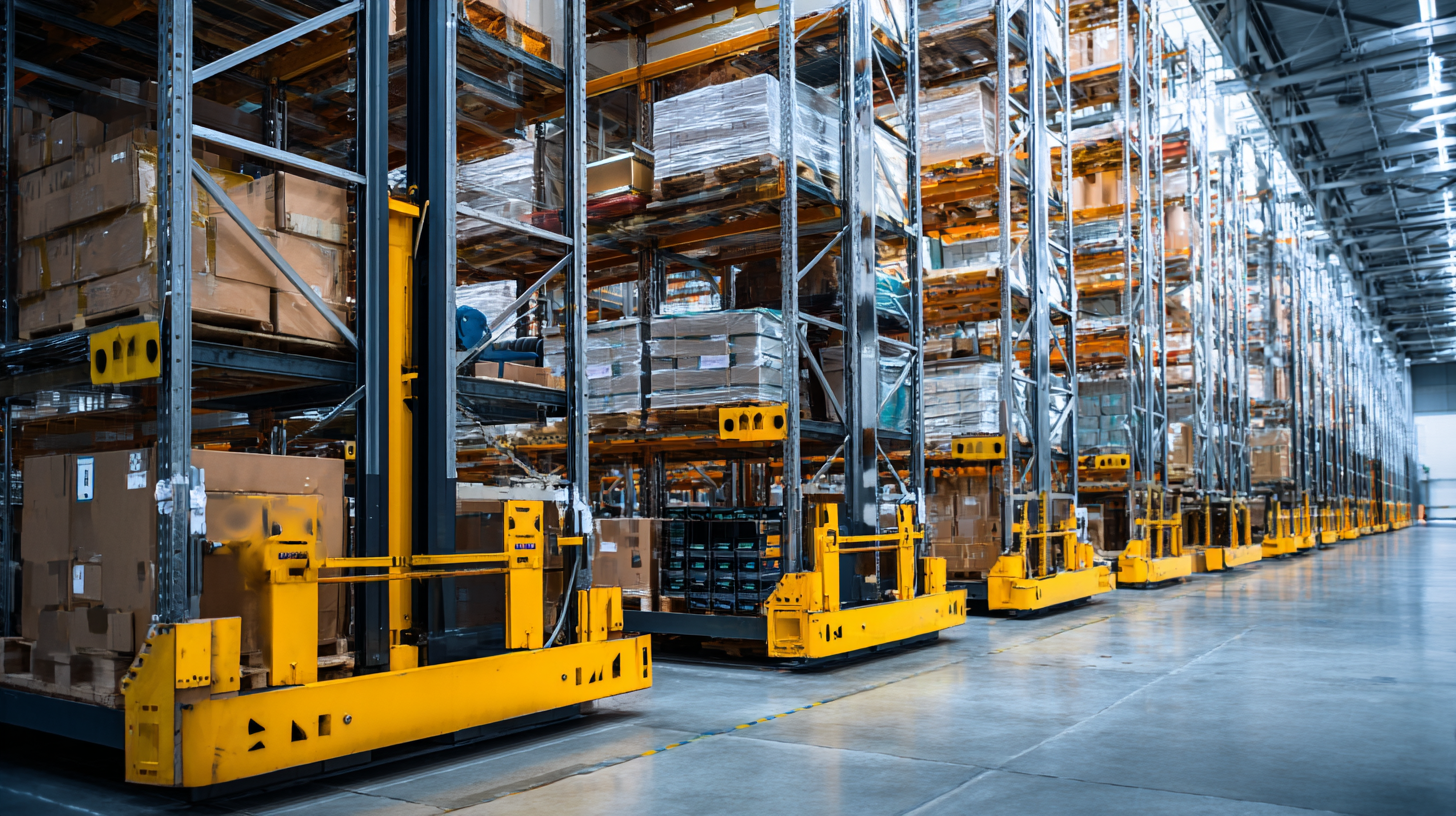
In the ever-evolving logistics and warehousing industry, selecting the right equipment is crucial for maintaining operational efficiency and safety. According to a recent report from the Material Handling Industry of America (MHIA), a staggering 80% of warehouses report that efficiency improvements directly correlate with the quality of their material handling equipment. Among the essential tools in this realm is the Forklift Jack, which plays a pivotal role in transporting and handling loads efficiently. With varying models and features available, understanding the diverse applications of Forklift Jacks is imperative for businesses aiming to streamline their warehouse operations. This blog will delve into unique solutions for selecting the best Forklift Jack tailored to your specific warehouse needs, highlighting industry case studies and practical "how-to" guidance to ensure you make an informed decision.

When selecting the best forklift jack for your warehouse needs, understanding the specific requirements of your operations is crucial. A well-designed warehouse has a unique layout and processes that dictate the type and capacity of equipment necessary for efficient operations. For instance, if you frequently handle heavy loads or operate in tight spaces, an electric pallet jack may offer the maneuverability and ease of use needed to streamline your workflows. Conversely, if your warehouse involves heavy stacking and lifting, investing in a robust stacker with a high lifting capacity could be beneficial.
Moreover, safety and compliance must also be considered when choosing forklift jacks. Ensuring that all operators are trained in the proper handling and operation of powered industrial trucks is essential to prevent accidents and maintain an efficient work environment. Incorporating advanced safety features, such as automatic braking systems and load indicators, can help mitigate risks associated with equipment operation. Evaluating your warehouse’s operational needs through the lens of safety and productivity will ultimately guide you in selecting the best forklift jack tailored to enhance your logistics capabilities.

When selecting the best forklift jack for your warehouse needs, understanding the key features is essential for optimizing efficiency and safety in your operations. One primary factor to consider is the lifting capacity, which typically ranges from 3,000 to 7,000 pounds for standard jacks. According to a report from the Material Handling Industry of America (MHIA), choosing a jack with adequate lifting capacity can enhance downtime to efficiency ratios by as much as 25%. Ensuring the forklift jack meets your specific load requirements can prevent potential hazards and increase productivity.
Another crucial feature to evaluate is the lift height. Most warehouse applications require lift heights between 5 to 10 inches. A study by the Occupational Safety and Health Administration (OSHA) emphasizes the importance of using equipment that allows for safe reachability to minimize manual handling injuries. Additionally, consider the maneuverability of the jack; jacks with ergonomic designs and improved wheel configurations can reduce operator fatigue and increase handling speed. According to a survey by the American Society of Safety Professionals (ASSP), ergonomic factors in equipment design can lead to a 30% reduction in workplace accidents. Adopting these key features ensures you choose the right forklift jack suited to your warehouse operations.
When selecting a forklift jack for your warehouse, understanding industry standards for safety and compliance is paramount. Forklift jacks must adhere to the American National Standards Institute (ANSI) and Occupational Safety and Health Administration (OSHA) regulations to ensure safe operation within your facility. Compliance with these standards not only enhances the safety of your workers but also avoids potential legal complications. Regularly inspect your forklift jacks for any wear and tear, ensuring they meet the required safety specifications.
Tip: Choose a forklift jack that incorporates safety features such as automatic braking systems, secure load handling, and ergonomic designs to prevent operator fatigue. Additionally, ensure that the equipment has undergone proper certification and testing to meet industry safety standards.
Another crucial aspect to consider is the load capacity of the forklift jack. It’s essential to select a jack that can safely handle your maximum load requirements without exceeding limits. Regular training sessions for operators on safe handling techniques will further enhance compliance with industry standards.
Tip: Invest in a forklift jack with adjustable features to cater to various loading conditions while ensuring that the operators have received thorough training on its use. This will not only maintain compliance but also optimize efficiency in your warehouse operations.
| Features | Type | Weight Capacity (lbs) | Lift Height (inches) | Safety Compliance Standard |
|---|---|---|---|---|
| Compact Design | Manual | 5000 | 6 | ANSI/ASME B30.1 |
| Electric Pump | Electric | 6000 | 8 | ISO 13732-1 |
| Fork Extensions | Manual | 7000 | 7 | OSHA 29 CFR 1910.178 |
| Heavy Duty | Manual | 8000 | 10 | EN 1757-1 |
| Portable Design | Manual | 3000 | 5 | ASME B30.2 |
When it comes to selecting the best forklift jack for your warehouse needs, a critical decision lies between choosing a manual or an electric forklift jack. Manual forklift jacks, renowned for their simplicity and lower upfront costs, require physical effort to operate, making them ideal for environments with occasional lifting needs. Their durability and ease of maintenance also add to their appeal; they perform reliably without the need for complex electrical components. However, users should consider the physical demands of operating a manual jack, especially in larger warehouses where heavy lifting and frequent use are common.
On the other hand, electric forklift jacks significantly reduce physical strain, allowing operators to move heavy loads effortlessly with the push of a button. These jacks are equipped with advanced features such as automatic lifting and lowering mechanisms, which enhance efficiency and speed in busy warehouse operations. They are particularly advantageous in environments where productivity is a priority and worker fatigue can impact performance. While electric jacks come with a higher initial investment and potentially more maintenance considerations, their long-term benefits in terms of worker safety and operational efficiency often outweigh the costs. Ultimately, the choice between manual and electric varieties hinges on your specific operational needs and budget constraints.
When it comes to optimizing warehouse efficiency, selecting the right forklift jack is crucial. Several top brands have established themselves as industry leaders, each offering unique features tailored to various warehouse needs. For instance, Hyster is known for its robust and durable designs, making it a reliable choice for heavy-duty operations. Their forklift jacks provide exceptional lifting capabilities while remaining easy to maneuver in tight spaces. Similarly, Yale’s innovative models focus on operator comfort and safety, equipped with ergonomic controls and advanced braking systems that enhance productivity.
Another noteworthy contender is Crown, which offers electric pallet jacks ideal for reducing manual effort. These models incorporate advanced technology that not only increases lifting efficiency but also minimizes energy consumption, making them a sustainable choice for environmentally-conscious warehouses. Additionally, Toyota forklifts are praised for their reliability and overall performance. Their forklift jacks are designed with versatility in mind, easily adapting to various warehouse layouts and product types. By considering these brands and their specific offerings, warehouses can significantly improve their operational efficiency and reduce downtime.

Content © 2025 Komatsu. All Rights Reserved
